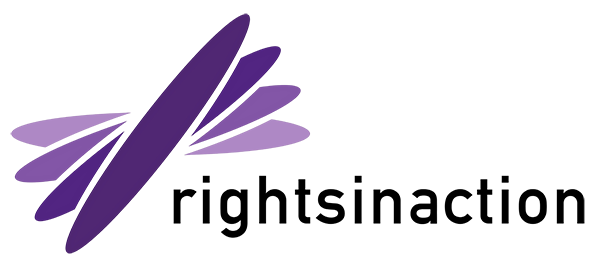Self-advocacy is the ability to articulate one’s needs and make informed decisions about the support necessary to meet those needs. It involves understanding and exercising one’s rights while effectively communicating personal interests and desires. This skill is crucial for personal empowerment and autonomy, particularly for individuals who may face challenges in having their voices heard, such as those with disabilities, mental health issues, or marginalized backgrounds.
The Importance of Self-Advocacy
Empowerment: Self-advocacy empowers individuals by giving them control over their lives. It encourages taking initiative and making decisions, fostering a sense of independence and self-worth.
Increased Confidence: By learning to advocate for themselves, individuals build confidence in their abilities and judgment. This confidence extends to various areas of life, from personal relationships to professional environments.
Improved Outcomes: Self-advocacy often leads to better outcomes, whether in education, healthcare, or the workplace. When individuals effectively communicate their needs and preferences, they are more likely to receive appropriate support and resources.
Rights Awareness: Understanding and advocating for one’s rights is a critical component of self-advocacy. This knowledge helps individuals navigate complex systems and ensures they are treated fairly and with respect.
Key Components of Self-Advocacy
Self-Awareness: Understanding one’s strengths, weaknesses, needs, and goals is the foundation of self-advocacy. Self-awareness enables individuals to articulate what they need and why they need it.
Communication Skills: Effective communication is crucial for self-advocacy. This includes being able to express oneself clearly, listen actively, and negotiate when necessary.
Knowledge of Rights: Being informed about one’s legal and human rights empowers individuals to advocate effectively. This knowledge is essential in various contexts, such as education, employment, and healthcare.
Problem-Solving Skills: Self-advocacy involves identifying challenges and finding solutions. Problem-solving skills enable individuals to address barriers and seek out resources or support.
Support Networks: Having a strong support network can bolster self-advocacy efforts. Friends, family, mentors, and advocacy groups can provide guidance, encouragement, and resources.
Self-Advocacy in Different Contexts
Education
In educational settings, self-advocacy is vital for students, particularly those with learning disabilities or other challenges. Students who advocate for themselves can ensure they receive accommodations and support, participate in decision-making processes, and pursue their academic goals.
Healthcare
In healthcare, self-advocacy is crucial for patients to receive appropriate care. It involves understanding one’s health needs, communicating effectively with healthcare providers, and making informed decisions about treatment options.
Workplace
Self-advocacy in the workplace involves negotiating for fair treatment, reasonable accommodations, and career advancement opportunities. Employees who advocate for themselves are more likely to achieve job satisfaction and professional growth.
Strategies for Developing Self-Advocacy Skills
Education and Training: Participating in workshops or courses that focus on communication, rights awareness, and self-awareness can enhance self-advocacy skills.
Role-Playing and Practice: Engaging in role-playing exercises can help individuals practice advocating for themselves in a safe environment.
Setting Goals: Establishing clear, achievable goals can guide self-advocacy efforts and provide a sense of direction.
Seeking Mentorship: Working with mentors who have experience in advocacy can provide valuable insights and support.
Reflecting on Experiences: Regular reflection on past advocacy experiences can help individuals learn from successes and challenges, refining their approach over time.
Conclusion
Self-advocacy is a powerful tool that enables individuals to take charge of their lives and achieve their goals. By developing self-awareness, communication skills, and knowledge of rights, people can effectively advocate for themselves in various contexts. Whether in education, healthcare, or the workplace, self-advocacy leads to empowerment, increased confidence, and improved outcomes. Encouraging and supporting self-advocacy can lead to a more inclusive and equitable society, where everyone has the opportunity to thrive.





